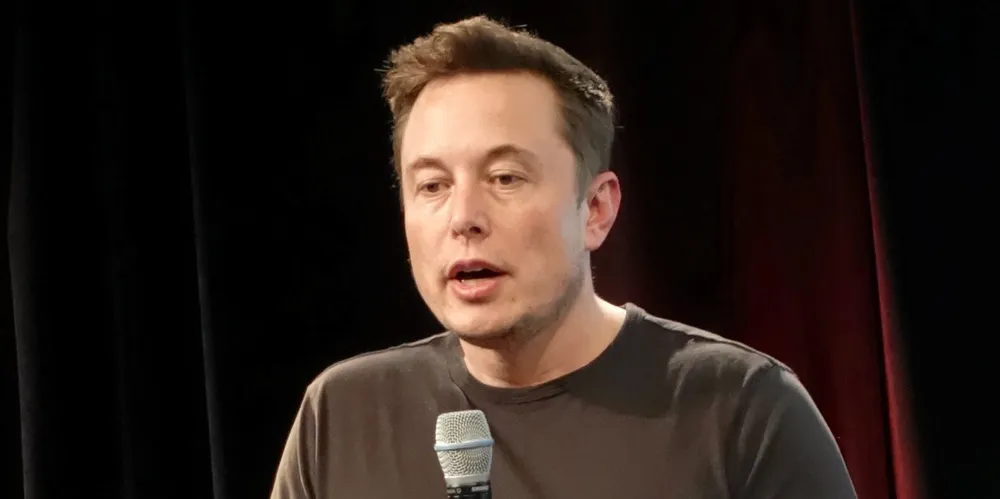Tesla battery blazes as residents near $38m 'Big Bessie' warned to stay at home
Fire at $38m storage facility in Australia will once again spark concern about the safety of lithium-ion batteries

Fire at $38m storage facility in Australia will once again spark concern about the safety of lithium-ion batteries
